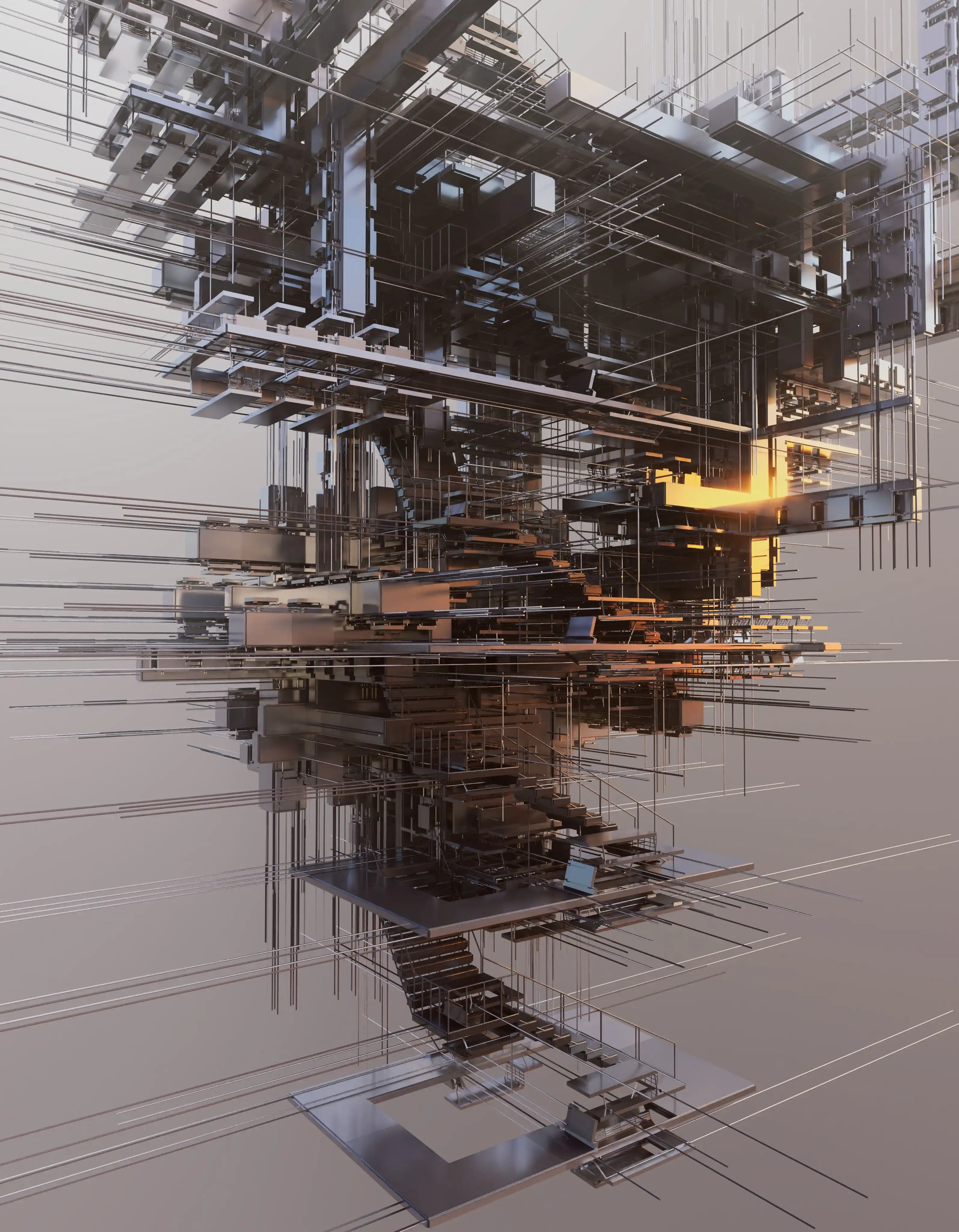In the second session of the Spatial Fragmentations Workshop, we will go deeper into Houdini and explore its full potential to create complex models.

In the Spatial Fragmentations 2.0 workshop, we will explore Houdini’s full potential to create complex models. This workshop is aimed at advanced users who would like to learn VEX and Foreach looping techniques in detail. Over two days, participants will get hands-on experience with Houdini and learn to create complex workflows that can be used in different architectural contexts. The main goal is to familiarize each participant with VEX coding in Houdini and reveal advanced techniques for efficient software usage.
The course aims to equip participants with the required skills to effectively use the VEX coding interface embedded in Houdini to enhance details in various forms. Throughout the program, participants will learn recursive techniques and their integration with specific attractors. Moreover, they will have the opportunity to learn to use VEX to create custom-guided vector fields to drive growth simulations. Furthermore, the course will provide participants with hands-on experience in node-based procedural modeling in Houdini and learn about various geometry and surface-based functionalities.
In addition, the program will cover comprehensive instruction on VEX and for each loop, allowing participants to develop a deep understanding of these techniques.
Additionally, the course will showcase various techniques for finalizing and refining the geometries created to prepare them for rendering or exporting in other software. Through detailed demonstrations, participants will learn how to incorporate a Grasshopper workflow into their Houdini workflow, enhancing their proficiency in the software. Lastly, participants will have the option to work on tasks individually or in groups, providing them with a collaborative learning experience.
Yagmur 2024-10-30 11:34
Nice workshop. Thanks!
Deepak Puranik 2025-04-11 09:57
great course